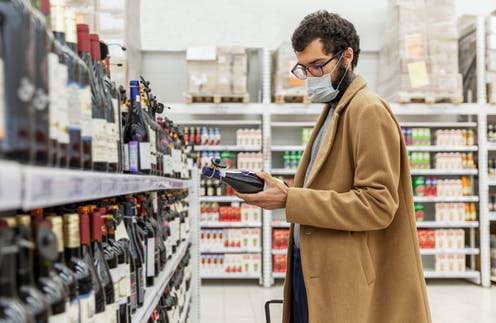Daily UK Covid cases fall 10% in 24 hours as 95,787 Brits test positive
DAILY coronavirus infections have fallen by 10 per cent in just 24 hours with a further 95,787 cases confirmed. It comes as the crucial coronavirus R rate has today dropped to 0.8-1.1 across England, in a sign that the country has passed the peak of Omicron infections. w8media Brits headed back to the office today after restriction were lifted on working from home[/caption] Today a further 288 deaths were reported within 28 days of a positive tests, which is up 0.5 per cent over the last seven days. Yesterday 10,7364 people tested positive for the bug, with another 330 confirmed deaths. A week ago, infections were at 99,652, with deaths at 270. The R rate today is down from lastContinue Reading




















